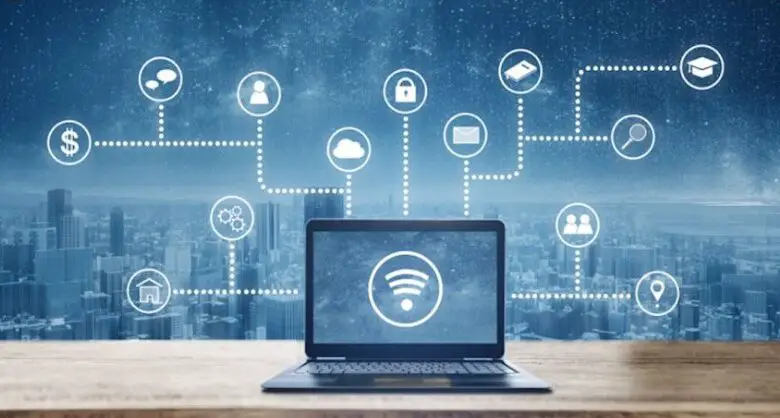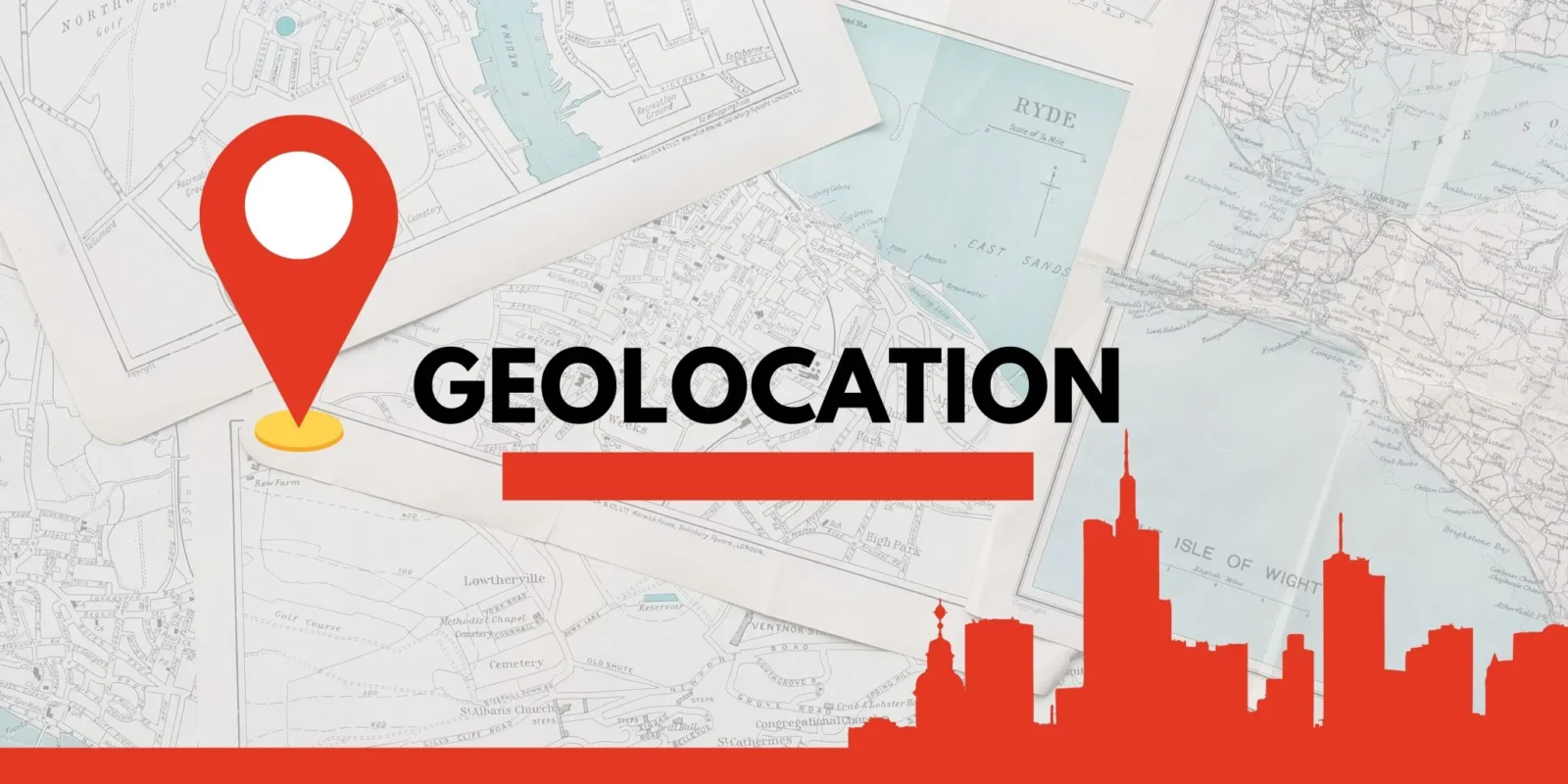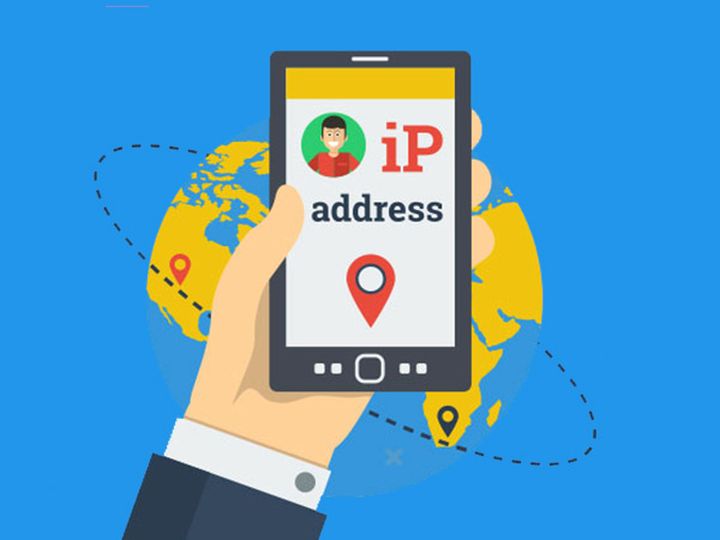How Location Affects Your Access to The Internet

Information technologies give us, internet users, what seems like unlimited sources of knowledge and entertainment. Any user that possesses a simple smart device can access the web and enjoy the pleasures of a digital world.
The internet can be described as a vast network of computers that constantly communicate and transmit information. With good hardware and a decent imagination, we create efficient information systems that find ways to enhance our everyday life and even transform the business landscape.
In unison, computers of all shapes and sizes have the power to create revolutionary digital environments that transform reality. To make sure that no cog in the machine goes rogue, every device follows Internet Protocol – a set of rules that dictates how data travels from one computer to the other on the web. To avoid mistakes computers, have their assigned network identities – IP addresses, which get attached to information packets transmitted by your device. Divided into 4 parts, IP carries data that makes you a unique member of the web. We will not dive into technical information in those sequences of numbers. Instead, we will discuss a crucial part of data in your IP address that may infringe your privacy – IP geolocation.

When a client connects to the web through a router, anyone can find the network’s access point, which will display the user’s approximate location. While it will not pinpoint the exact place where your device is, anyone who knows your IP address will know your residing region. In this article, our goal is to explain how your location affects the internet. You might have already noticed how connecting to the web in a different country, changes displayed ads and language on popular, frequently visited websites. If you follow world news, you should have heard how some pages and services can be blocked in particular countries. We will explain how that happens and how you can access information and data that is not accessible using your IP address. Last, but not least, we will tackle ways to change your IP address with internet privacy tools, such as proxy servers. With a good provider, you can use a France proxy to mask your identity and connect to the internet as if you are a French resident. With a France proxy, you would be able to access websites that are blocked in your country (if they are not blocked in France) and connect to exclusive pages that are only available with a French IP. Click here to learn more about proxy servers from reliable providers. For now, let’s focus on how location affects the web and how internet privacy tools can help you change it.
Browsing localized websites

Today, successful companies depend on digital marketing to promote their products. A large portion of these marketing strategies revolves around personalized advertisements that utilize user data to present relevant information about products and services. Because the websites we connect to know the access point and your geolocation, the most popular pages can offer different versions of a site based on your location and even display a different language. This can easily be observed with Google’s search engine, as it recommends a language based on your geolocation. Advertisers can launch location-based marketing campaigns to advertise particular products for regions in high demand.
Localized websites can change depending on your geolocation to present understandable content for every visitor. Advertisers do the same with ads to only offer relevant content and usable products or avoid using some ads altogether if their effect in the region is non-existent. Creating localized websites and ads offers a personalized touch to the client. Without localization, marketing campaigns would be far less successful because most regions require different marketing approaches. For example, if a company in Japan wants to advertise products for both local consumers and foreign clients, what good will a Japanese ad do to a user with no understanding of the language? By recognizing access points and different locations, businesses offer a user a personalized version of the internet, where visited websites and encountered ads always find the language and tools to communicate with a visitor in an understandable format.
How to change your IP address

With an IP address as your assigned identity, the government and other third parties can affect your browsing experience. By targeting all users in a chosen region, they can not only change the version of a presented website while cooperating with the page’s owner but also restrict access to pages that may interest you. Even if the internet connects devices all over the world, some links may be severed because website owners do not welcome visitors from some regions.
If your government, the government of another country, or a different third party decides to geoblock your region, you can always ditch your network identity and mask your IP address. Let’s discuss lawful ways that will help you change your address and geolocation, resulting in a different version of the internet.
Choose a VPN

Virtual Private Networks (VPNs) are frequently advertised internet privacy tools that reroute your entire internet connection to a different server. You can find free VPNs on the web, but they are set up by third parties that aim to steal your data. To get the most out of your service, choose a legitimate provider that will offer many locations around the world. With just a few clicks, you will access the web through a region of your choosing.
Use a proxy server instead
Similar in functionality to VPNs, proxy servers are better tools in cases where flexibility is necessary. Instead of rerouting your connection, you can dedicate each different browser and application to a unique proxy server. With the help of a lawful proxy provider, you can choose a different IP address or even cycle between addresses every few minutes. This way, you can test how constant location changes affect the internet and access websites that are unavailable with your IP address. For comfort, you can dedicate one browser to connect to the web via proxy while other data packets travel through your network identity.
The Internet can change depending on your location. With available internet privacy tools, we can test how location affects the browsing experience, sneak into geo-blocked websites, or see the internet through the eyes of a user under an authoritarian regime like China. Visiting blocked websites by changing an IP address gives us the freedom to go anywhere on the web, and switching to a location in a different region shows how limited the internet is for users in those regions.

